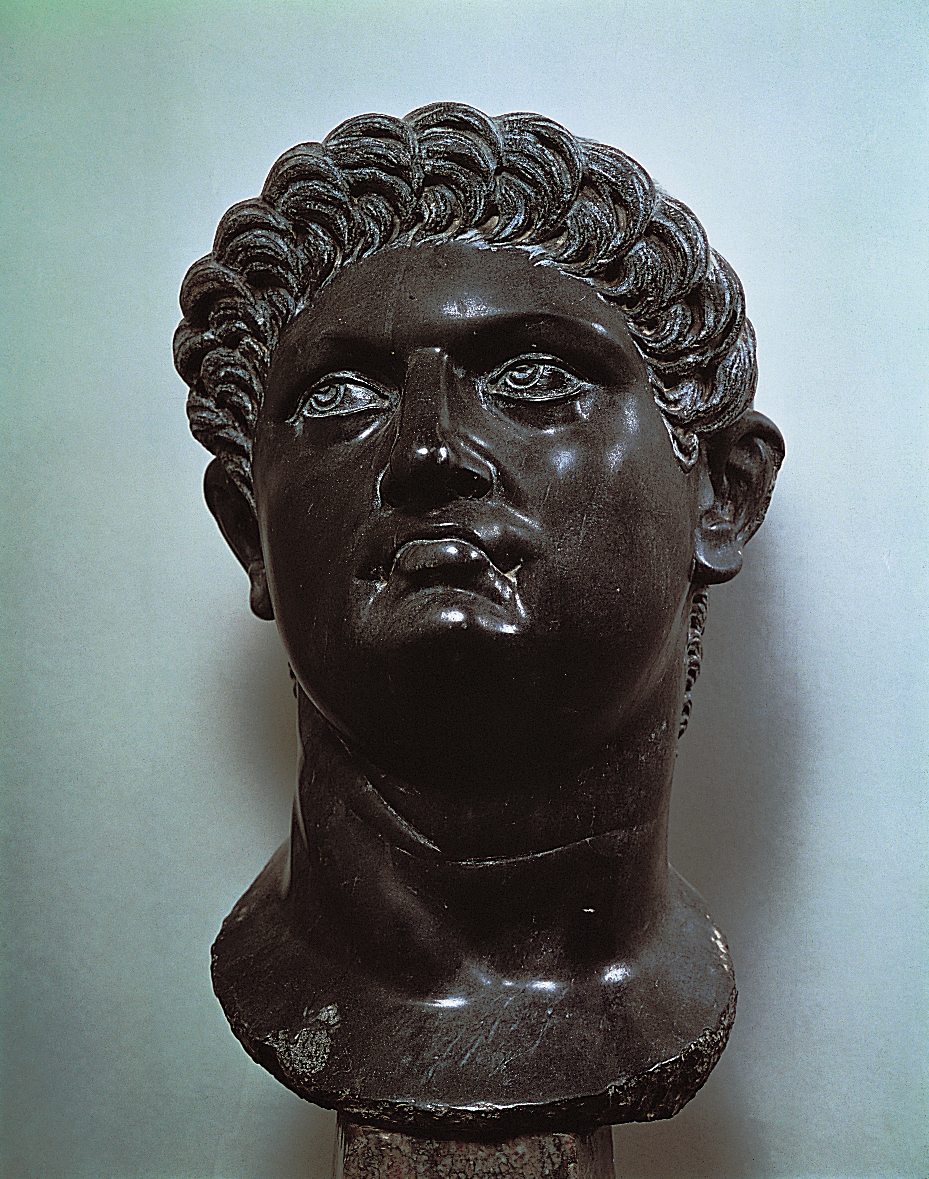Nero, << NEER oh >> (A.D. 37-68), was a Roman emperor who reigned from A.D. 54 until his death 14 years later. Nero’s passion for chariot racing, singing, and the stage brought him popularity. But his lack of commitment to exercising authority responsibly led to his downfall.

Nero was born at Antium (now Anzio, Italy) on Dec. 15, A.D. 37. He was named Lucius Domitius Ahenobarbus. His father, Gnaeus Domitius Ahenobarbus, was an aristocratic senator. His mother, Agrippina the Younger , was a great-granddaughter of Emperor Augustus. Nero’s father died while Nero was a child, and Agrippina married Emperor Claudius in 49. Claudius adopted Nero as his elder son, naming him Tiberius Claudius Nero Caesar. In 53, Nero married Octavia, Claudius’s daughter from a previous marriage. In 54, Claudius died. Agrippina was suspected, perhaps correctly, of having poisoned him so that Nero could become emperor. Claudius’s own 13-year-old son, Britannicus, was overlooked. Nero poisoned and killed Britannicus in 55.
As emperor, the 17-year-old Nero initially commissioned the senator Seneca and the military commander Burrus to exercise authority for him. They were sound choices and ruled well. They shielded Nero from interference by Agrippina and allowed him to pursue his enthusiasm for athletics, culture, and entertainment. From 59, however, Nero was increasingly eager to exercise authority himself. That year, Nero had Agrippina killed. In 62, Burrus died, and Seneca was made to retire. Nero then divorced Octavia and had her executed.
A fire that began on June 19, 64, caused widespread damage to the city of Rome. Romans welcomed Nero’s immediate provision of aid. But when rumors spread that Nero had caused the fire, he blamed and brutally punished Christians, then a little-known religious group. Still less popular was Nero’s decision to take over a huge area destroyed by the fire and to build there a grand palace and park for himself—the Domus Aurea (Golden House). Growing belief among the upper classes that Nero should be overthrown led to a major plot against him in 65. But the plot was exposed and the plotters executed.
In 66, Nero left Rome to tour Greece, whose culture he admired. He did not return until early in 68. By then, reports from army bases in Rome’s provinces predicted the likelihood of a revolt against Nero’s rule. Nero had successfully used the army to assert Rome’s claim to Armenia and to put down rebellions in Britain and Judea. However, senior commanders were losing confidence in Nero. Although their initial efforts to distance themselves from Nero were modest, he panicked and took his own life on June 9, 68. His last words were reported as, “What an artist dies with me.”
